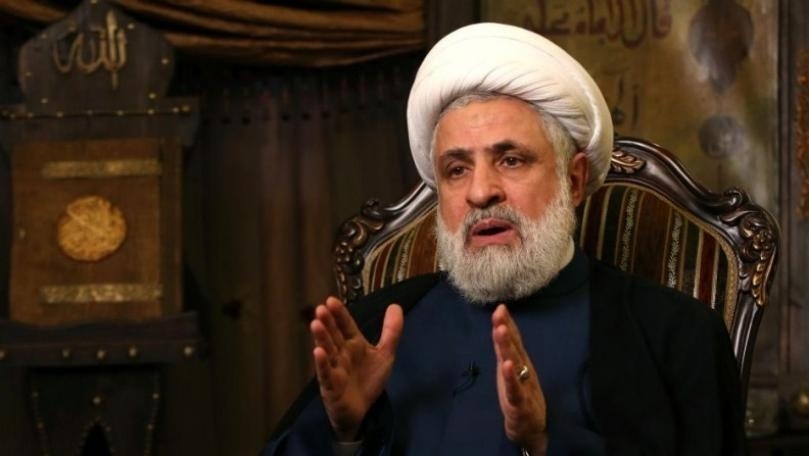Martin Newland
The National
The conviction in a US court this week of the radical Islamist Abu Hamza Al Masri was finally secured after a lengthy legal process by his lawyers aimed at avoiding extradition proceedings in the UK.
Hamza came to the UK in 1979, married an English woman and was granted citizenship. He soon set about preaching anti-Western sermons at the Finsbury Park Mosque in London, celebrating the carnage of September 11, 2001, condemning the very society that had granted him citizenship (and extensive welfare payments) before finally being arrested under the Terrorism Act for incitement to murder and possession of a terrorism document among other charges.
At the same time the US applied for Hamza’s extradition for conspiring to take Western hostages in Yemen, terrorism funding and for organising terrorist training in Oregon. Proceedings were stayed pending Hamza’s serving of a sentence for the UK offences.
There then followed an extraordinary legal odyssey aimed at avoiding extradition involving magistrates court hearings, the Court of Appeal, the House of Lords, the European Court of Human Rights and the Special Immigration Appeals Commission which ruled that Hamza should retain his UK passport as its cancellation would have left him “stateless”. Finally, and thankfully, all legal avenues exhausted, Hamza was sent to the US where he was promptly put behind bars.
One of the most laudable aspects of the UK legal system is that it remains committed to microscopic scrutiny of any prosecution process that might result in the loss of an individual’s liberty. But the Hamza saga, in which a dangerous man who hated the society he so successfully exploited was able to secure citizenship and defy the will of successive home secretaries and prosecution authorities for so long, pointed in this case to a legal system that proved morally and legally irresolute.
Britain’s reputation for tolerance and freedom of expression, whilst praiseworthy in itself, has nevertheless helped cement its status as a centre for radical Islamism.
Views entirely at odds with these core British values have been allowed to take root, masked in some cases by charitable, web or campus-based or other media and institutional fronts.
The common narrative is geopolitical, questioning the legitimacy of Middle Eastern governments that, for the moment at least, are Britain’s strategic allies and trading partners.
Such governments are depicted as servants of “imperialist” Western powers who have themselves waged war on “Muslim lands”. This grievance narrative is seen as justification for terrorist acts, reclassified as “resistance” within a global jihad.
The narrative is also profoundly theocratic, making personal observance and virtue (as defined by organisations such as the Muslim Brotherhood) a precondition of secular competence.
However, whenever an Islamist acquires an elected or other institutional mandate, he or she has little to say about the economy, infrastructure or defence and rather more to say about the unworthiness of other religions and whether women should cover their hair while presenting on television.
With the aid of some mainstream media outlets in the UK, serious discussion about radicalisation and its occasionally murderous effects is diverted into a treatment of the inescapable consequences of British foreign policy.
Similarly, elements of the media and lobby groups seek to conflate anti-Islamism with being anti-Muslim or, worse, racist, thus portraying those with legitimate concerns as acting outside the parameters of civilized discussion.
It was not long before debate over the hacking to death of a young serviceman in south London by a British fundamentalist a year ago this week was diverted, with the aid of a few myopic and unrepresentative far-right hooligans, into a debate about a so-called “Muslim backlash” and British troop deployments.








